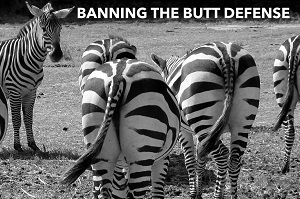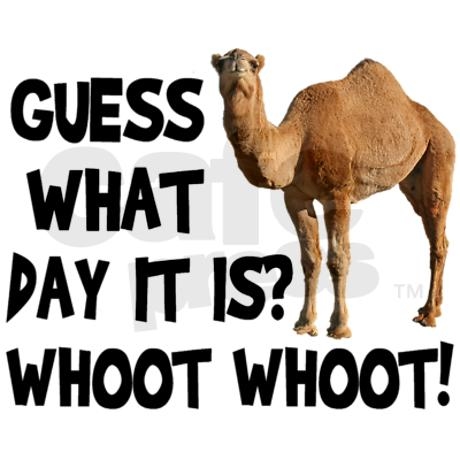It’s Been Said
I remember the woman interviewing me was using an actual pad and pen. I liked that. It felt good to watch our conversation filling up the pages of her notebook. It reminded me of a quote from Sequoyah, a Native American hero who made it his life’s work to give his people access to the “talking leaves” of the white man. Sequoyah spent twelve years in the early 1800′s paring down thousands of native sounds into 85 symbols so his people could read and write. ”When a talk is made and put down,” Sequoyah said, “it is good to look at it afterwards.” Truth, Sequoya.
So, where do stories come from? My interviewer was after the scoop. I’m pretty sure she was disappointed in my answer. I listen.
I believe that everyone has a story worth hearing — even those who are adamant that they don’t. I love asking questions that set people up to tell me their story. If they don’t offer it, I’ve been known to dig until I find it.
“But, why?” my interviewer asked, “Why is it so important to tell our stories?”
Have you ever said something that told you what you had been thinking before you even realized how you felt? It happened to me that day. “Because,” I said. “The whole world stops for a story.” As soon as I said it, I realized how deeply I felt those words. When a story is told the world stops spinning, if just for a moment. People stop passing each other by like wound up toy soldiers marching blindly into the next activity. The very words, “That reminds me of a story,” will cause us to lean in and connect whether the telling is being done audibly or on “talking leaves.”
Honestly, I felt that quote so deeply I had it built into my website so I could remind myself of it every time I logged on. And that’s the sentiment I want to record in Today’s Southern Quote. “I’m not sure stories come; I think they are. It’s our privilege to slow down and catch them.”




